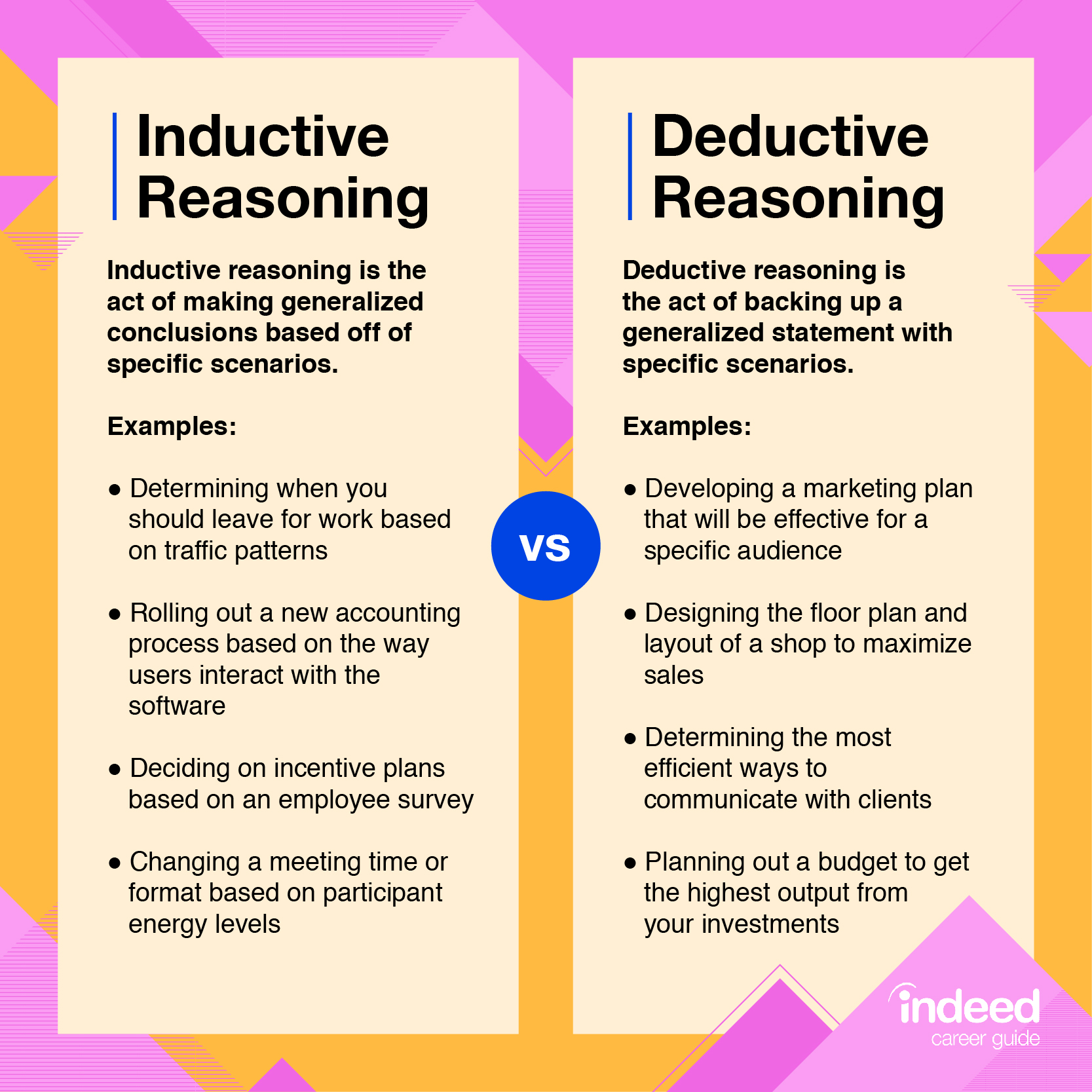Entry 48
Reflect / Multimodal
Topic: Deductive reasoning vs inductive reasoning.


Where I say what is in my head while reading. Whether for school or just pure enjoyment.
Entry 48


Entry 47:
Entry 46:
When writing, it is important to know which genre you are writing about and what is required of that genre (in previous blogs I have talked about genre conventions and types of genres). Also, what is the purpose of what you are writing? Are you writing for fun or to inform? Once a topic and genre has been picked then the writer can create a checklist of things that they need to do.
If I were to go to a bookstore and buy a book in the nonfiction section, I am expecting informational texts and facts. If I buy a crime and mystery book, I do not expect it to have poetry in it. That is what I take this quote as, getting exactly what is expected. Audiences know what to expect by genres when they go into it.
Entry 44:
Entry 67: Topic: Thoughts I am slowly but surely, running out of things to talk about in my blog. As time has been progressing I keep f...